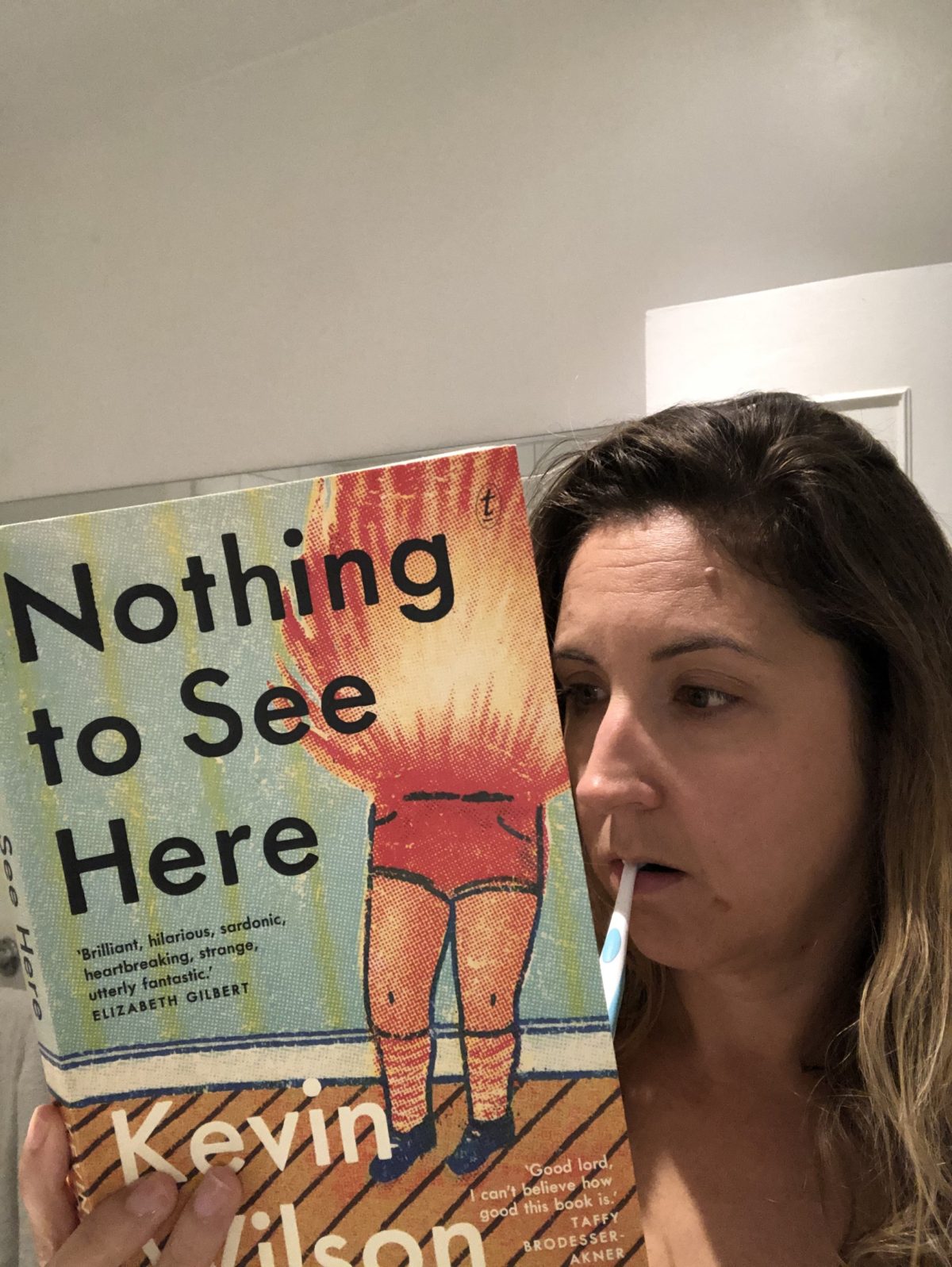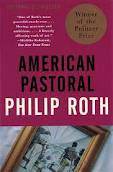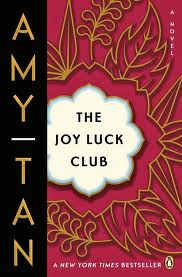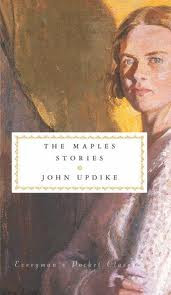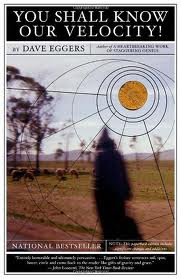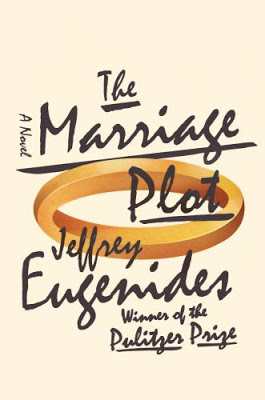A bizarre tale of income inequality and spontaneous human combustion, NOTHING TO SEE HERE is so good it kind of depressed me.
It tells the story of a young girl, Lillian, from a poor background who works very hard to get a scholarship to a fancy boarding school:
I didn’t know the school was just some ribbon rich girls obtained on their way to a destined future. . . . . I wasn’t destined for greatness, I knew this. But I was figuring out how to steal it from someone stupid enough to relax their grip on it.
This is in the first few pages. Already at this stage I had a sinking feeling in my stomach about how magically good this one was going to be.
At this school, she really, really likes her roommate. Here is part of one of their early conversations:
“. . I want to be so important that if I fuck up, I’ll never get punished.” She looked psychotic as she said this; I wanted to make out with her.
. . .“I think we’ll be friends,” she said. “I hope so, at least.”
“God,” I said, trying to keep my whole body from convulsing. “I hope so, too.”
Years later, when Lillian has lost her way and spends most of her time smoking pot in her mother’s attic, this friend asks her to nanny two children who have behaviour issues. The behaviour issues are they burst into flames when they are upset. The friend is married to a Senator, Jasper Roberts, and is fabulously wealthy. Here he is on TV:
Jasper was on C-SPAN, smiling, listening thoughtfully, nodding, so much nodding, like he understood every fucking thing that had ever happened in the entire world. They would cut to different senators who were on the committee and it was like a practical joke because they all looked exactly the same.
Part of the weird power of this book is the dreadful acceptance of how the world is; that is, that the rich are rich and will always be rich, and the poor are staying poor. Eventually Lillian comes to love the children, and there is a degree of redemption in this. Here is her fantasy of reunion with her mother that never happened:
. . . And she would hug me and it wouldn’t be weird. It would be like the way somebody hugs another person. And the entirety of my life, everything that had come before, would disappear. And things would be so much better.
In the end though it’s really a sort of bleak novel. Lillian find some sort of hopefulness, but it’s a narrow, conditional thing, in the middle of world that is totally unfair and will stay that way

